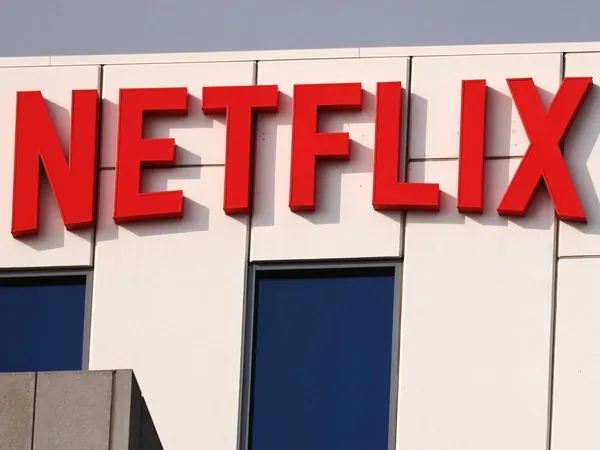
Netflix Reassesses Its Parental Leave Policy Amid Reports of Employee Concerns
2024-12-13
Author: Yan
Introduction
In a surprising turn of events, Netflix is reportedly scaling back its once heralded parental leave policy, which was celebrated as one of the most generous in corporate America. Introduced in 2015, the streaming giant offered unlimited parental leave for employees during the first year after the birth or adoption of a child, highlighting its commitment to work-life balance.
Concerns Arise
However, a recent investigation by the Wall Street Journal reveals that Netflix has been gradually “walking back” on this policy as the company has expanded its workforce by over 60% since the onset of the COVID-19 pandemic, now employing approximately 14,000 people. According to industry insiders, the shift away from previous cultural commitments, including the removal of the “freedom and responsibility” ethos from its foundational culture memo, has led many to believe that parental leave is no longer a priority.
Employee Experiences
Clara Guimarães, a former Netflix employee based in Brazil, recounted her experience, expressing her disappointment at the shift in focus towards business needs rather than employee well-being. With the presentation of the parental leave policy changing, Netflix has opted not to specify a clear duration for leave, leading to confusion among current and former employees. Instead of the former guideline suggesting that “new parents generally take 4-8 months” off, the revamped policy encourages discussions between employees and their managers about their leave.
Ambiguity and Job Security
Despite Netflix’s internal benefits page stating that salaried employees can still avail of parental leave within the first year, the ambiguity surrounding the specific length of leave has raised concerns. Employees have reported feeling less secure in taking adequate time off, fearing repercussions for doing so.
Allegations of Targeted Layoffs
Furthermore, troubling allegations have surfaced regarding layoffs targeting employees on parental leave or those returning from it. One alarming incident involved Becca Leckie, a five-year Netflix veteran, who was laid off just a day before returning from six months of maternity leave, a situation that has led to intense scrutiny of the company's practices. Another employee claimed that upon notifying his manager about his partner's pregnancy, he was met with skepticism regarding taking a full year off—culminating in his job being eliminated shortly before returning from a six-month paternity leave.
Backlash and Company Response
Netflix has faced backlash from its workforce as they express concerns over job security and the overall treatment of employees utilizing parental leave. In response, a Netflix spokesperson reiterated that the company remains committed to a policy aimed at allowing employees to “take care of your child and yourself,” emphasizing the empowerment of employees to make choices that suit their families.
Conclusion
Despite these assurances, the evolving landscape of Netflix's parental leave policy raises essential questions about corporate responsibility and employee welfare in a changing work environment. This shift might not only impact employee morale but also influence potential candidates seeking positions at the company known for its once-comprehensive benefits.
As the streaming giant navigates these changes, the implications of its parental leave policy will likely become a focal point in discussions about remote work and family support in today's corporate climate. Is Netflix’s approach yet another sign of the challenges facing modern companies? Only time will tell.





 Brasil (PT)
Brasil (PT)
 Canada (EN)
Canada (EN)
 Chile (ES)
Chile (ES)
 España (ES)
España (ES)
 France (FR)
France (FR)
 Hong Kong (EN)
Hong Kong (EN)
 Italia (IT)
Italia (IT)
 日本 (JA)
日本 (JA)
 Magyarország (HU)
Magyarország (HU)
 Norge (NO)
Norge (NO)
 Polska (PL)
Polska (PL)
 Schweiz (DE)
Schweiz (DE)
 Singapore (EN)
Singapore (EN)
 Sverige (SV)
Sverige (SV)
 Suomi (FI)
Suomi (FI)
 Türkiye (TR)
Türkiye (TR)